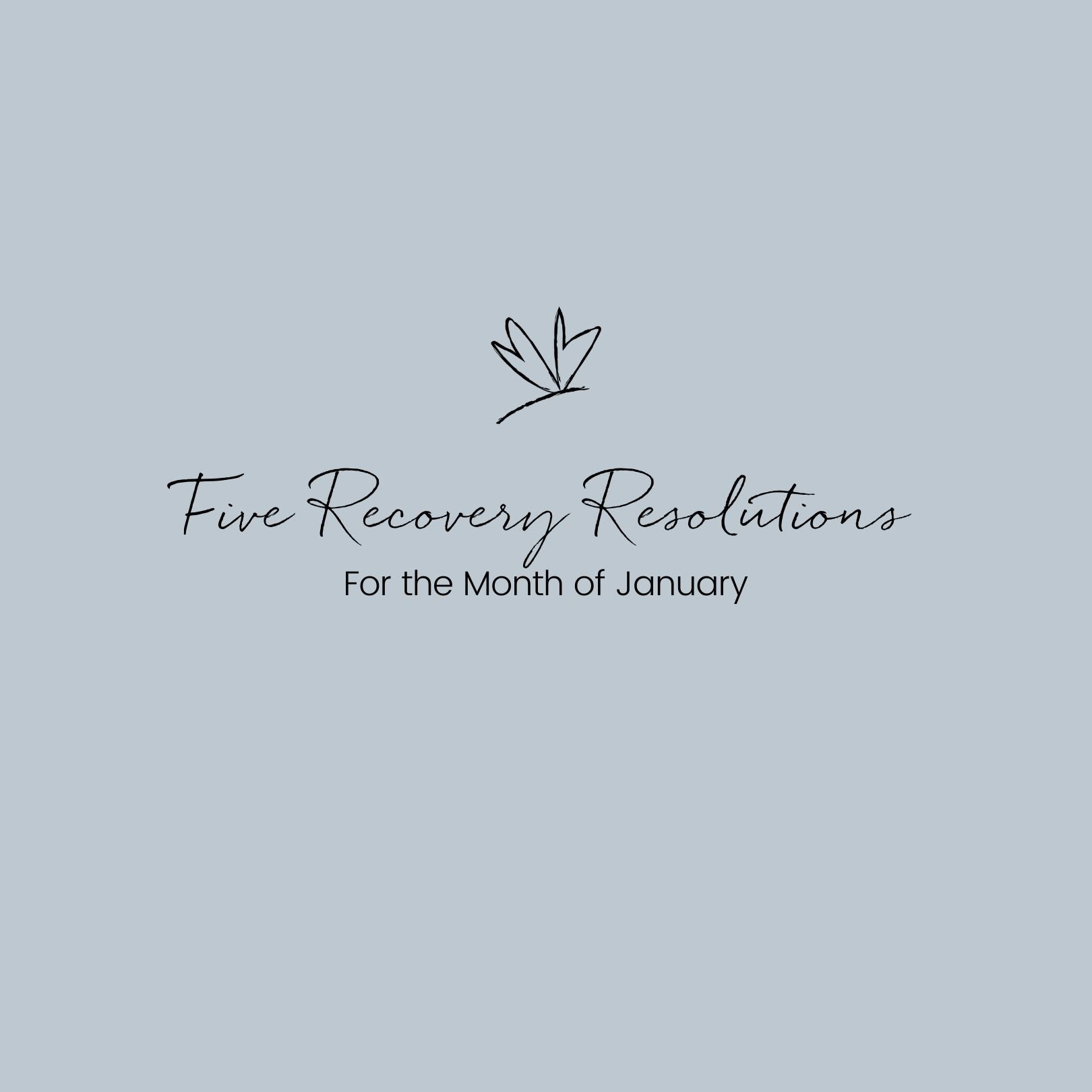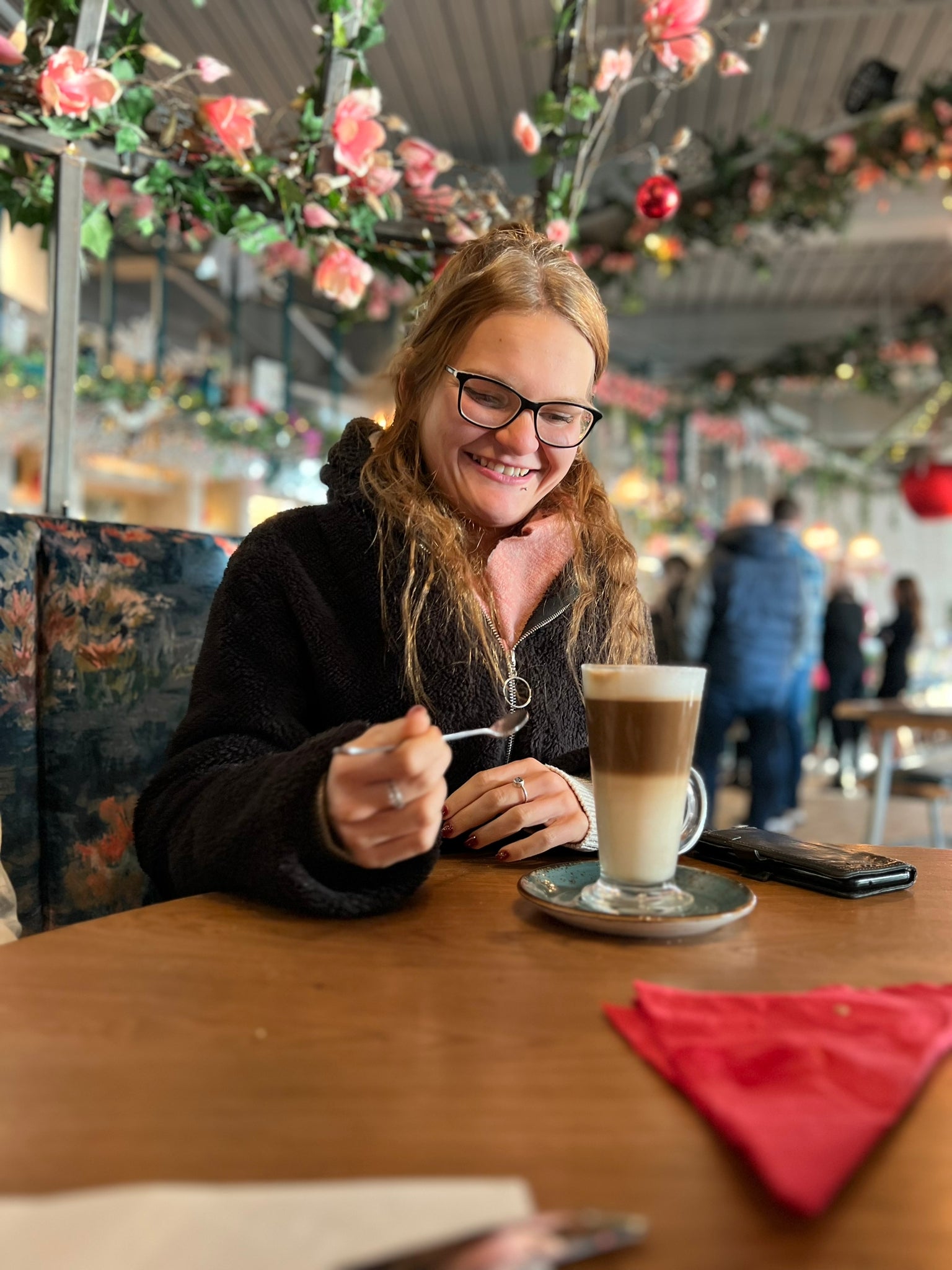Words Matter
Our latest first person blog sees Abi Reynolds talking about the power of words. She discusses how what we say to ourselves matters in recovery, as does how others choose to label or communicate with us.
"I studied Languages and Linguistics when I was at university, now many moons ago.
I learned German – grammar, vocabulary, idioms etc. – until I was fluent enough to understand, speak and write about anything I wanted to in the language or translate it into my mother tongue.
I studied novels, poetry and plays written in German and learned about how the words authors chose to use were incredibly powerful brush strokes in creating an almost tangible image of what they wanted to express.
And in Linguistics I learned to pull language apart and see what lies behind it – social, geographical, political, economic, scientific and psychological factors which all influence how words are understood in any given context (who’s saying them, how they say them, their intention behind saying them etc.).
This is all a long-winded way of telling you that I love words, I find them fascinating, and I think they are monumentally important.
I think in eating disorder recovery there are two main aspects of language which can impact our mindset, progress and wellbeing: the words other people choose to use about our us, our illness and recovery, and the words we choose to use about ourselves.
Both are hugely important, but in my experience as someone who is recovering from anorexia, there is a temptation to zoom in a lot more on the language used by others – whether it be medical professionals, close family and friends, the media or complete strangers – and focus on holding others responsible for their words than there is on how we speak and write about our struggles ourselves.
When I was first diagnosed with anorexia, after years of struggling with disordered eating, being given a diagnosis - a label - felt validating.
It was a relief to know that what I had (which by then was feeling overwhelmingly life-consuming and terrifying) was not only something “official”, with designated specialists and treatment, but something other people had too.
Not because I wanted other people to suffer what I was going through – I wouldn’t wish an eating disorder on my worst enemy – but because it meant I wasn’t alone. I wasn’t a freak. I wasn’t broken. I was ill.
And being ill was human and common to us all. And it meant that the loud, intrusive thoughts and ruminations around food, exercise and my body, and the deceitful, manipulative and sometimes shocking behaviours I was using as my weapons against what I saw as my arch-nemesis – weight gain – were part of a condition.
They weren’t an indication that I was a terrible human with no values or morals; they were symptoms of a potentially deadly disease.
Having developed my ED late, in my 30s, I had lived for a long time without these behaviours and thoughts. I was married and a mother by the time I was diagnosed. I had lots of friends and good relationships, academic and career successes before anorexia came knocking, and becoming entrenched in disordered behaviours meant that suddenly I prioritised these things less.
I would turn down social invites in favour of a sneaky extra workout. I would lie to my husband about what I’d eaten or insist on eating alone. I was thinking about food, exercise, calories and weight 24/7 and had zero mental space to invest in anything creative or productive.
The hunger and compulsion to move made me snappy with my son, and cold and impatient with others in my life. And suddenly “having anorexia” or “being anorexic” felt like a presidential pardon. I wasn’t an unscrupulous monster who had lost the ability to care, love or feel; I had an illness which made me do all these things.
And to a degree, that is true.
I hadn’t chosen to have anorexia and the behaviours and personality changes that came with it were not reflections of my true, healthy self. But once I started treatment, I quickly discovered that the “none of this is my fault…I’m anorexic” mindset wasn’t going to get me very far.
Focussing on what I had rather than who I was and what I needed to do meant my identity became more and more wrapped up in anorexia. “Oh I can’t possibly eat 3 meals a day because I’ve got anorexia”. “Yeah, I know I’m still exercising lots but that’s the anorexia”. “I know I’ve got to put on weight to get better but it’s impossible because…you know…anorexia.” I got sucked into the mindset that no-one, including myself, could expect me to actually do the things necessary for me to recover because my illness made those things impossible.
And do not think for a second that I’m saying that stopping disordered behaviours, gaining weight, giving up exercise, eating regularly and sitting with the most horrific barrage of guilt, shame and distress that comes with recovery-oriented actions and decisions is easy.
Trust me, two years into recovery and I am under no illusion that consistently making the changes and choices needed to battle an ED into submission is straightforward. I have been to hell and back. But they are possible.
And I do know that for a long time holding on too tightly to my diagnosis – my label – in the way I spoke about my illness stopped me holding myself accountable, and allowed me to convince others that they shouldn’t and couldn’t hold me accountable either.
And ultimately that mindset kept me stuck. Wanting to get better but allowing the sense that it was both impossible, and more than could be expected of me, to make me feel powerless and hopeless only ensured that my behaviours and disordered thoughts became more engrained than ever, and even tougher to challenge when I did finally hit rock bottom and decide to truly commit to recovery and “getting the job done”.
Stepping away from the “I have anorexia” mindset and shifting into a “I am recovering from anorexia” or “I am in recovery from a mental illness” set a different tone, both for myself and for those around me. It was a commitment. To move forward and make changes.
To tackle behaviours and thoughts which were keeping me ill. To travel – sometimes quickly and at other times excruciatingly slowly – towards the destination of a life without a tyrannical and egotistical condition in the driving seat.
It gave me a sense of a future and an identity and personality shaped not by this illness but by the values, passions, abilities and characteristics which make me me – the real, healthy, loving, complex, funny, kind, infuriating me.
It makes things feel more possible too. The thought of going from “I have anorexia” to “I used to have anorexia” is unrealistic without a whole lot of messy stuff in between. It’s too black and white.
But going from “I have anorexia” to “I used to have anorexia” via “I’m fighting anorexia”, “I’m working on recovery”, “I’m being supported in getting better” or “I’m making real progress on my recovery journey but still have a way to go” definitely makes me feel like I have forward momentum.
And it also serves as a reminder to those around me that I am committed to recovery, am making changes and need their love, support…and the occasional kick up the bum…to leave this illness behind.
Never underestimate the power of the language you use – it can be a source of great hope, empowerment, commitment and focus in what will undoubtedly be one of the hardest – and one of the most worthwhile – battles of your life."
- Jan 2021





